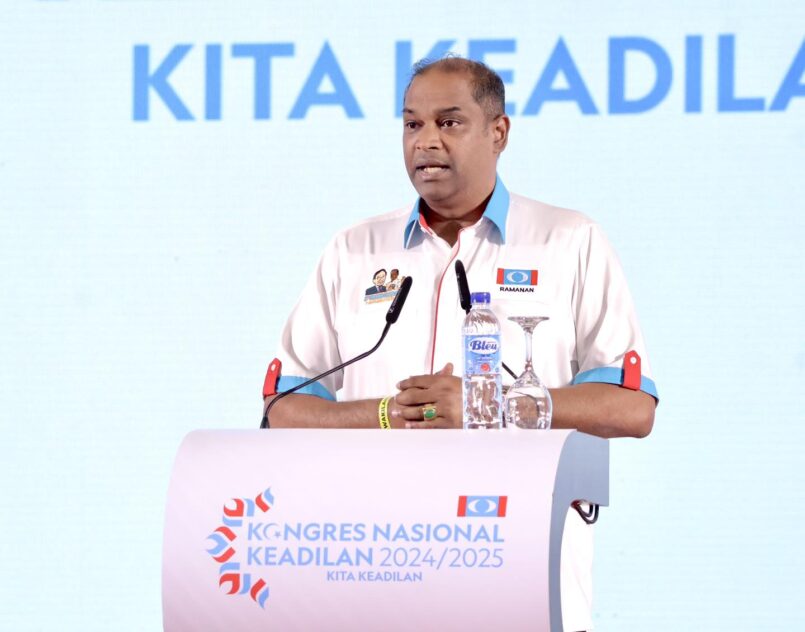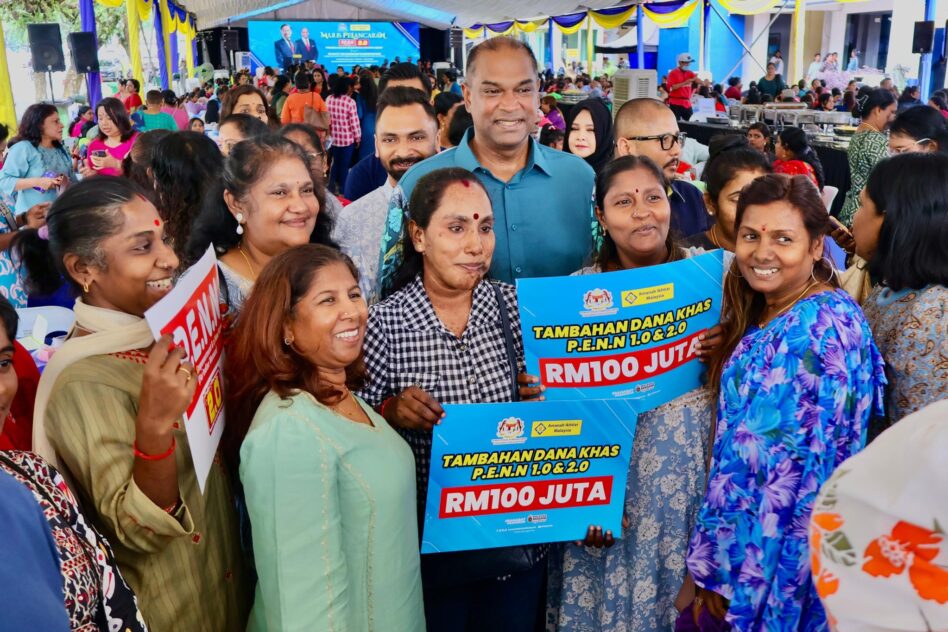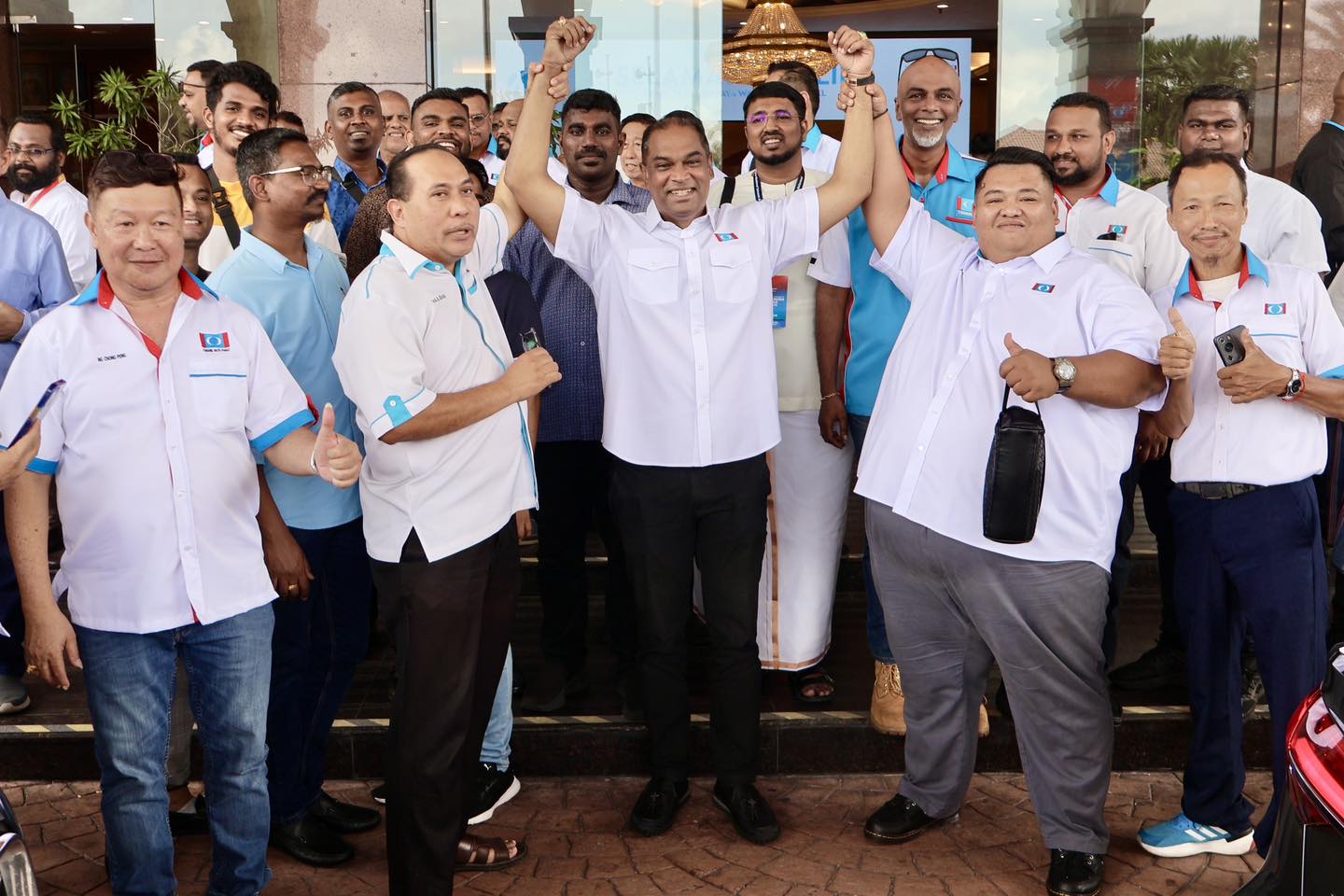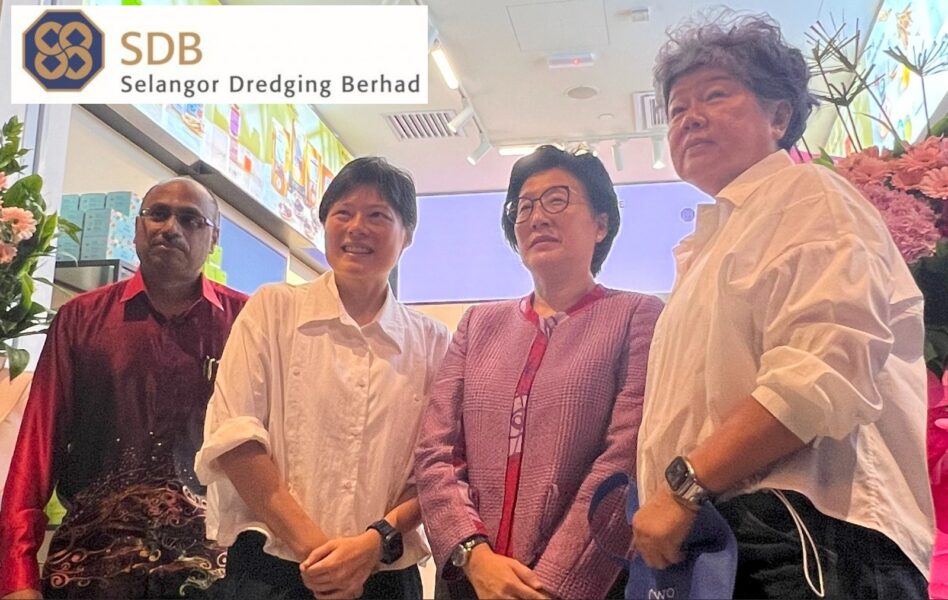NEWLY elected PKR vice-president and current Entrepreneur and Cooperatives Development Deputy Minister Datuk Seri R. Ramanan is visibly jubilant following his party’s internal victory.
However, his swift ascent within PKR has ignited tensions and raised eyebrows among party veterans.
Speaking after the recent leadership shake-up, the Sungai Buloh MP urged critics not to pressure Prime Minister Datuk Seri Anwar Ibrahim over Cabinet appointments.
He stressed that while he does not seek a ministerial post for his commitment lies in fulfilling the duties entrusted to him.

His remarks come amid speculation that former UMNO supreme council member Tengku Datuk Seri Zafrul Abdul Aziz may be eyeing a PKR berth following the resignation of Datuk Seri Rafizi Ramli and Datuk Seri Nik Nazmi Nik Ahmad.
Ramanan’s name has since surfaced as a likely candidate for ministerial promotion – his first since Anwar assumed office.
Indians sceptical of Ramanan
Yet Ramanan’s rapid rise has not gone uncontested. Rafizi, the former PKR deputy president, has publicly questioned how someone who joined the party just four years ago could leapfrog long-serving Reformasi-era stalwarts to secure a top post.
Notably, Ramanan was formerly the treasurer-general of MIC before his sudden exit and entry into PKR – a move that still raises questions within political circles.
Rafizi’s criticism wasn’t subtle: he expressed concern over Anwar’s sweeping powers to promote and sideline party members.
According to him, Ramanan lacks stand-out qualities beyond his staunch loyalty to Anwar – a loyalty that, he implies, seems to be the main currency in today’s PKR.
Despite his political surge, many in the Indian community remain sceptical of Ramanan’s ability – or willingness -to fight for their rights.
Critics argue he has been largely silent on key issues affecting Indians, including the controversial relocation of a 130-year-old Hindu temple in Kuala Lumpur to make way for the new Madani mosque.
Indian leaders in PKR, including Ramanan, not only failed to oppose the move but some even defended it.
Ramanan insists his dedication to the Indian community remains unchanged whether he is assigned a ministerial role or not.
But for many, such reassurances ring hollow. The perception is that Indian leaders in the current government function more as rubber stamps than as real advocates.

The underlying issue, critics say, is not just representation but meaningful leadership. Recently Tun Dr Mahathir Mohamad laughed off the claim that there are no qualified Indian candidates – citing the community’s abundance of doctors and lawyers – yet Anwar’s Madani government has failed to reflect that in its Cabinet.
Recall that during Dr Mahathir’s 22-month Pakatan Harapan (PH) administration, three Indian Tamils and one Sikh were appointed ministers.
Today, the Indian community watches anxiously to see whether Anwar will finally appoint an Indian Tamil to the Cabinet – and whether that leader will truly speak for them.
Ultimately, Ramanan’s rise may symbolise a deeper shift in PKR: a party once known for reform but now seemingly shaped by loyalty over legacy and compliance over conviction.
If Ramanan is appointed minister, critics fear it will be another case of optics over outcomes – especially for a community long sidelined in Malaysia’s political narrative. – June 4, 2025
Former DAP stalwart and Penang chief minister II Prof Ramasamy Palanisamy is chairman of the United Rights of Malaysian Party (Urimai) interim council.
The views expressed are solely of the author and do not necessarily reflect those of Focus Malaysia.
Main image credit: Ramanan Ramakrishnan Official Media/Facebook









